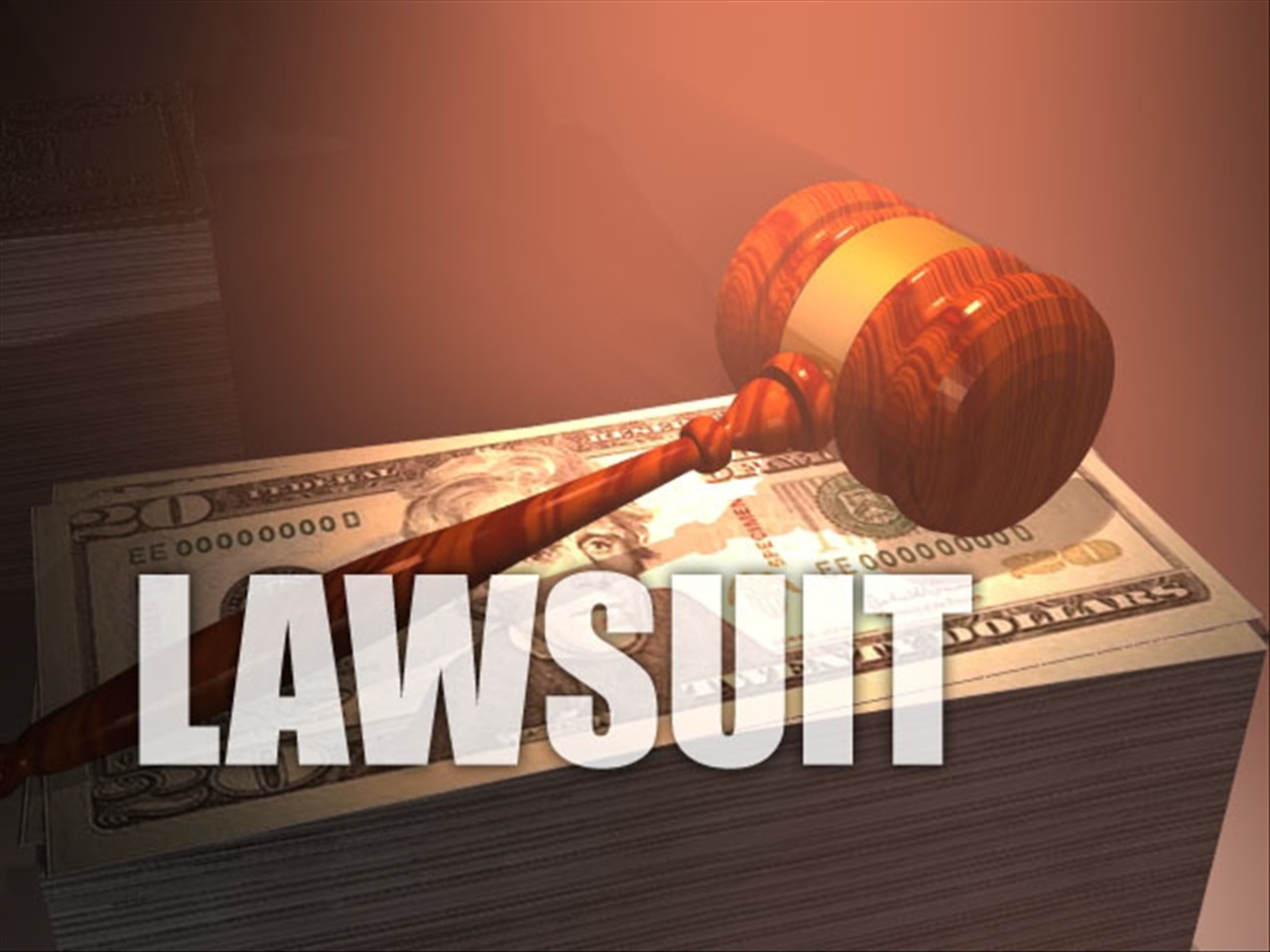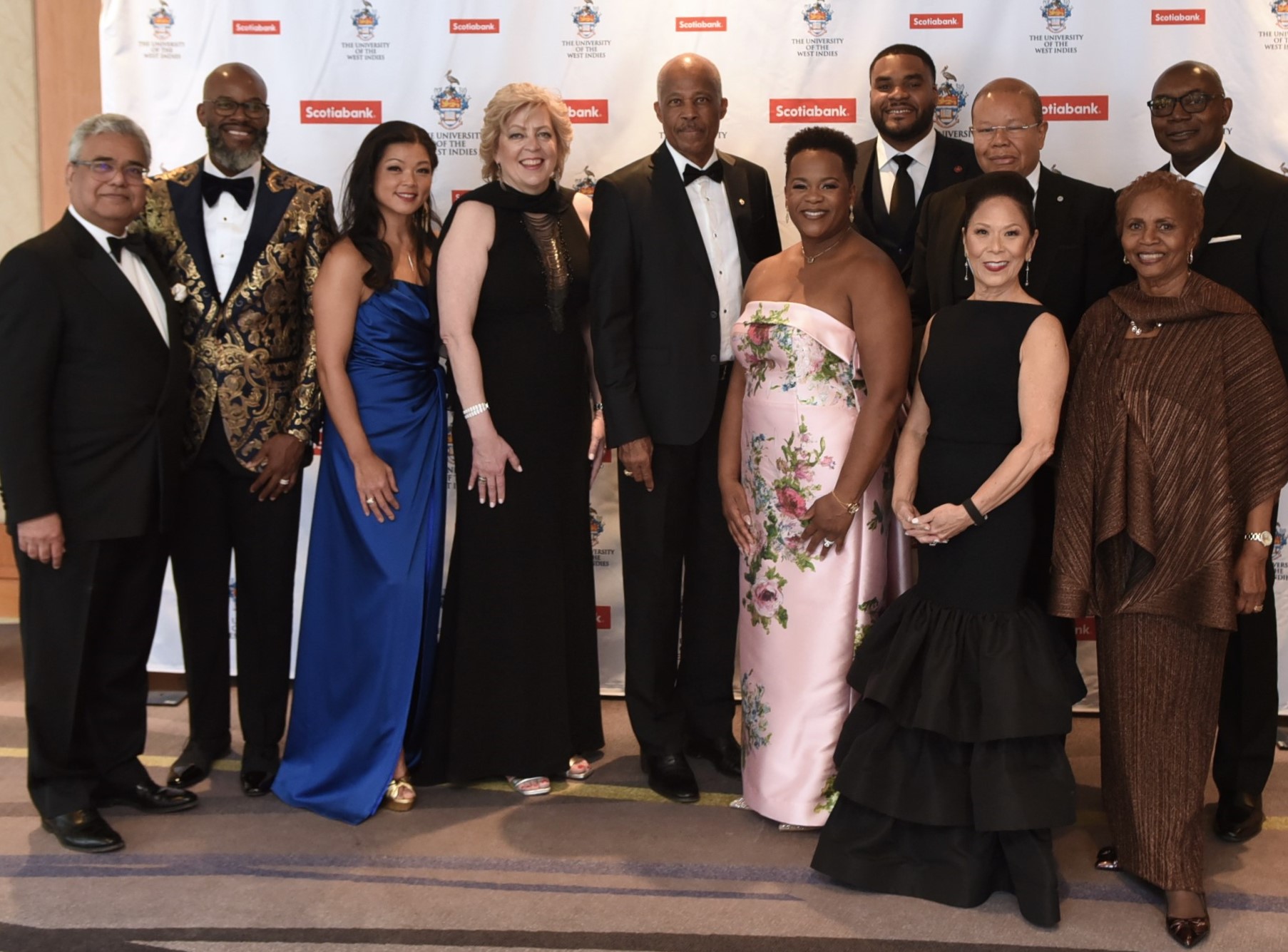The Irish-owned telecommunications company, Digicel, Friday defended its decision to secure a High Court order preventing the Antigua and Barbuda government from confiscating any of the 850 MHz spectrum it has been allocated.
In a statement, Digicel said that it wanted to shield its customers from “significant service disruption and a negative impact on coverage.”
The government is hoping that the High Court will bring about a resolution to the opposition by Digicel and Flow, formerly the British telecommunication giant, Cable and Wireless, to share the island’s spectrum with the state-owned Antigua Public Utilities Authority (APUA).
Prime Minister Gaston Browne said they two foreign based companies were resisting the move, but insists that his administration would not allow inequality to continue within the industry here.
In the statement, Digicel said it was “forced into this legal challenge to protect its customers and services from being put in jeopardy” as a result of the government’s “anti-competitive and protectionist decision handed down” on May 8.
According to Digicel, it has been compelled to return a significant portion of its 850 MHz spectrum by May 31, “under what the Government misleadingly describes as a move towards “equitable distribution” of the spectrum.”
But Digicel argued that the government’s confiscation of the spectrum to the sole benefit of APUA and the detriment of Digicel’s customers would result in half of its customer base experiencing significant mobile service disruption “not to mention the broader negative impact on emergency services and other essential services like point of sale terminals and home security systems for a period of at least 18 months, since that is the time it would take Digicel to completely rebuild its network at a cost of at least US$25 million.”
Digicel claims that APUA has almost twice as much spectrum as either of the other two operators in the market, despite having less than 25 per cent.
“APUA is hoarding a scarce and valuable resource,” the statement said, adding “in any other market, this would be a cause for concern for the regulator, but uniquely in Antigua & Barbuda, APUA is also the Regulator”.
The telecommunication company said as a result APUA “holds the roles of both “referee and player” allowing for protectionist and anti-competitive behaviour to run amok.
“In addition, APUA is well able to operate a quality LTE network with the spectrum it already has; a fact Digicel can attest to since it operate its LTE networks to a high standard in a similar spectrum environment in Bermuda, the British Virgin Islands and the Cayman Islands, as do other operators within the Caribbean region,” the statement added.
Information Minister Melford Nicholas speaking to reporters after the weekly Cabinet meeting, said that the government had taken a policy decision “that the frequency spectrum, which must be utilised by all mobile operates to operate and conduct their businesses ought to be shared equitable”.




